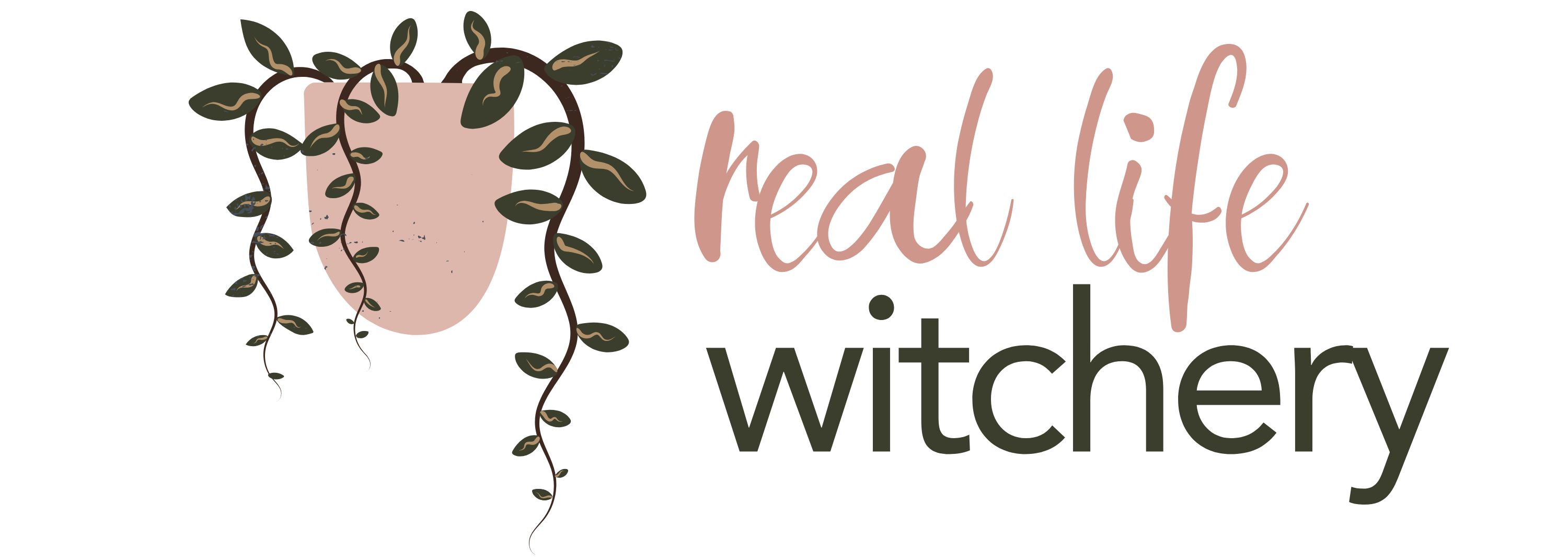
Witchy Terminology and Misconceptions
Many books and Pagan websites use several terms interchangeably, so I thought I’d write a post about the terms (as they are commonly seen) and what they mean.
Pagan is a term that encompasses most non-Abrahamic religions. While Christians often refer to anyone that is not of their faith as Pagans, the modern explanation of this term is one that includes Wicca, Asatru, Druidry, and other nature and polytheist related faiths. Some include Hinduism and Buddhism under the umbrella, while others do not. The original definition for Pagan is “country dweller,” and was adapted as a religious term as those who lived out in the country often practiced local religious traditions, some incorporating folk magic, while others honored spirits of the land. Someone who incorporates many traditions and beliefs into their practice, creating their own personal belief system is called eclectic Pagan.
Wicca is a specific religion, with specific traditions. If you are Wiccan, you honor polarity in both the God and Goddess. You honor the eight sabbats and the esbats, and do so within a ritual structure. This includes casting (and sealing) a circle, calling quarters, evoking deities. You heed the Wiccan Rede (more about that next), and if you are in a coven, your structure is hierarchal. This is not to say you can’t honor MORE than just one God and Goddess. It’s also not saying that you can’t also celebrate other holidays. It simply gives a structure within what Wicca is. Wicca isn’t whatever you want it to be – that’s more along the lines of eclectic Paganism. If you do the above, but do not practice within a coven’s tradition, then you are eclectic Wiccan.
The Wiccan Rede is eight words and is not a LAW of Wicca. It’s not the long poem written by Lady Gwen Thompson- that’s the Rede of the Wiccae. There is no “law of Wicca.” It’s assumed that you are mature enough and are aware that what you do can come back to you. The word “rede” means advice- the Wiccan rede is advice to those who practice. That’s it: An it harm none, do as ye will.

Traditional Wicca is Wicca within a tradition. A tradition is a set of beliefs and/or practices that governs the way you practice your spirituality. For example, my coven practices the Twilight Tradition of Wicca. We do things a certain way, have certain traditions while crafting this coven tradition. If you don’t practice within a tradition, then you are eclectic.
British Traditional Wicca is where Wicca began. Each BTW initiate can trace their initiatory lineage back to Gerald Gardner, who really brought Wicca out from the shadows. The lore says that he learned witchcraft from a coven in the New Forest area of England, and used that Book of Shadows to create his form of witchcraft, now called Gardnerian Wicca. Most initiates of BTW believe that any other path calling itself Wicca that is not BTW, should not call itself Wicca. They don’t believe that they are the one true path, but as the founder of these paths was a cornerstone of modern Paganism, they feel as though it’s a misnomer to call non BTW traditions Wiccan.
There is nothing wrong with being eclectic ANYTHING. Each person’s path is their own. Some people are drawn to structure and tradition, some are drawn to a more free-flowing and mutable eclectic practice. Nothing is wrong with either.

Magick is changing something to be in accordance to your will using energy. Magick can include spells, ritual, charms, and other practices. In a Wiccan ritual, each part of the ritual is magickal – you cast a circle to create an energetic boundary so that what you need to stay in, stays in, and what you want to stay out, stays out. That in itself is a magickal act. The lesser banishing ritual of the pentagram- a ritual primarily used in ceremonial magick is performed to clear a space or a person (depending on who you ask) of energy. This is also a magickal act. A spell or working to achieve a specific goal is also magick, as can be a hands on energy healing. Sometimes it’s something you can see, hear, or feel- sometimes not.
Witchcraft is a practice, like yoga or prayer that can be applied to spiritual principles, or religion. This practice includes the practicing of low magick or folk magick, magick that usually focuses on the physical world. Many people call witchcraft their religion, as they focus mainly on the physical world, and the energies within, rather than Gods and Goddesses of the ancients.
A pentagram is a five pointed star. A pentacle is a five pointed star with a circle around it. Others say that the five pointed star traced in the air is a pentagram, whilst a physical representation of the same star (whether there is a circle or not), is a pentacle. I disagree.
Terminology isn’t important to everyone, after all, the meanings for names can change, as evidenced by the word Pagan. However, while communicating with other Pagans it’s especially helpful to know and understand the meanings for common terms, to avoid miscommunications.




Pingback: "… For the Good of All, and Harming None." Guarantee or Cop-Out? - Ivy Rose Latchford
Pingback: 21 Types of Witches: What Kind Are You? - Ivy Rose Latchford